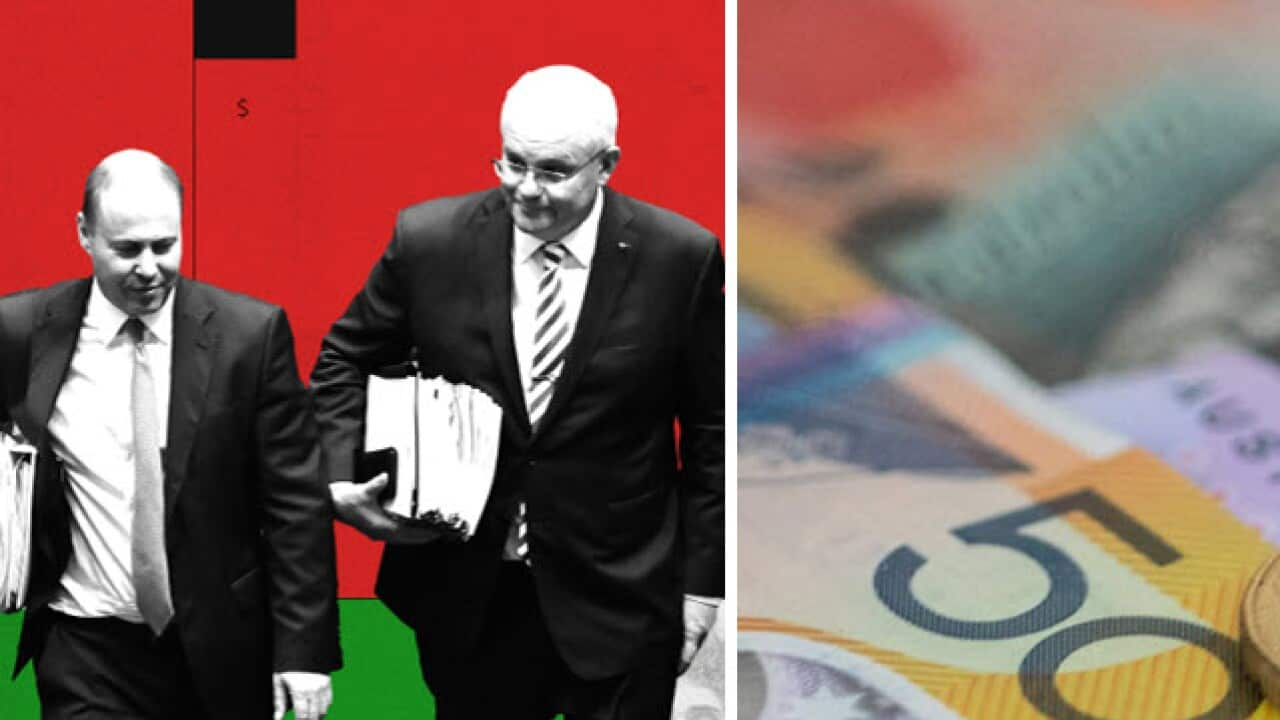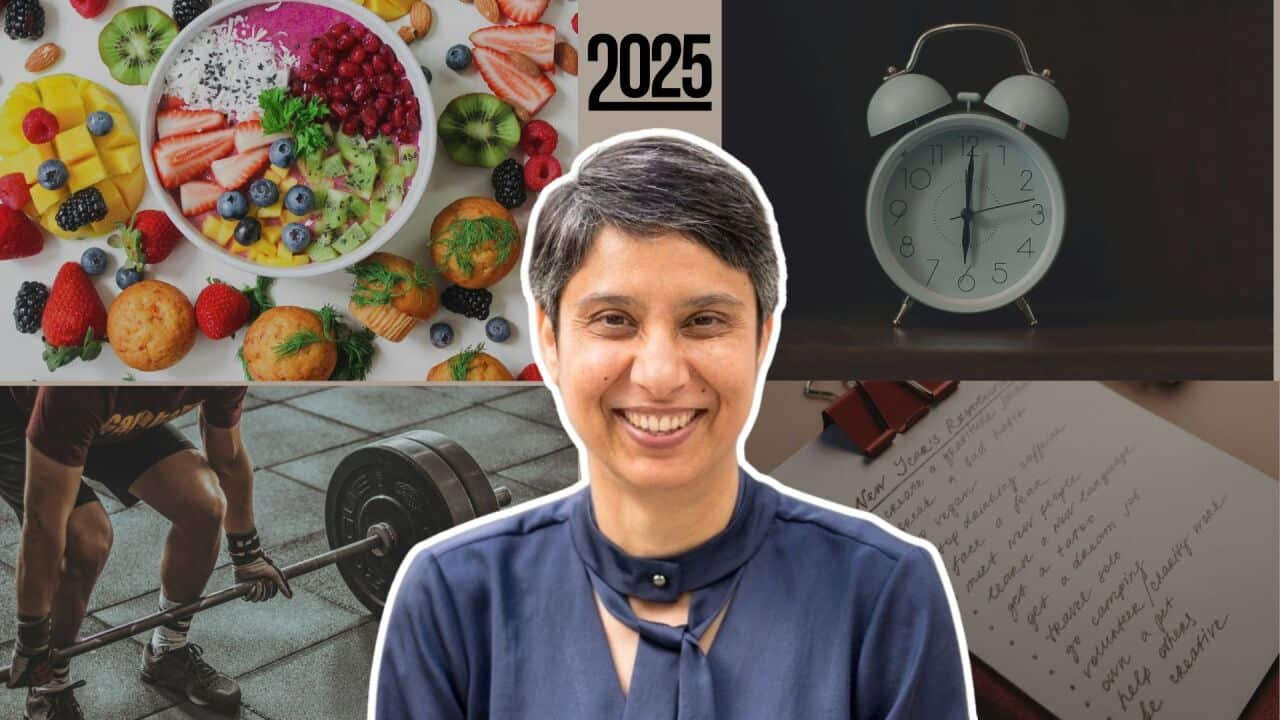Highlights
- Millions of Australians will receive a financial benefit out of the Budget 2021-22.
- The budget deficit set to reach $161 billion this year, which is $52.7 billion lower than what was expected earlier.
- Experts reveal what it means for taxpayers, parents, newly arrived migrants and small businesses.
with billions in new spending designed to help Australia's economy continue its recovery from the COVID-19 downturn.
Handed down on Tuesday night, the second pandemic budget revealed a deficit set to reach $161 billion this year, which is $52.7 billion lower than what was expected around six months ago.
Treasurer Josh Frydenberg has delivered his third Budget with billions in new spending designed to help Australia's economy continue its recovery from the COVID-19 downturn
The Federal Budget that will pour billions of dollars into tax breaks, job creation and critical services is .
Here are some key points of this Budget as summarised by Melbourne-based accountant Manpreet Singh:
Income tax
On the personal taxation front, the Low and Middle-Income Tax Offset (LMITO) has been extended until the end of the next financial year, with a one-off tax offset worth $1,080 to those earning anywhere between $48,000 to $90,000.
For the 2020-21 income year, the government has increased the Medicare levy low-income threshold for singles and families from the previous income year. Childcare subsidy
Childcare subsidy

Registered tax agent Chura Mani Belbase explains why this years tax return will be little different. Source: ?SBS Nepali/Getty Images
In a big spending budget, the Morrison Government has devoted another $1.7 billion to boost childcare affordability.
The policy will offer rebates of up to 95 per cent for families with two children in daycare. The annual cap of $10,560 per child per year will be dropped.
“250,000 families will be better off by an average of $2200 each year,’’ the Treasurer said in his budget speech on Tuesday.
Mr Singh said such families have emerged as the winners of this Budget.
Deductions for business owners
The government has announced it will extend the 2020-21 Budget measure titled JobMaker Plan — temporary full expensing to boost investment and job creation for 12 months until 30 June 2023.
Businesses with an aggregated turnover of less than $5 billion will be able to deduct the full cost of eligible depreciating assets immediately. The eligible assets must be first held and first used or installed ready for use for a taxable purpose, between 6 October 2020 and 30 June 2023.
In addition, the government will provide further assistance to the country's economic recovery by extending the 2020-21 Budget measure titled JobMaker Plan — temporary loss carry-back to support cash flow.
Under this COVID-induced provision, an eligible company (aggregated annual turnover of up to $5 billion) could carry back a tax loss for the 2019-20, 2020-21- or 2021-22 income years to offset tax paid in the 2018-19 or later income years.
Superannuation
Employers will need to make superannuation guarantee payments for more employees from next year, with the government moving to scrap the $450 monthly minimum income threshold.
At present, employers do not have to pay superannuation for employees who earn less than $450 per month.
Australian tax resident re-defined
The government will replace the individual tax residency rules with a new framework.
The primary test will be a simple ‘bright line’ test under which a physically present person in Australia for 183 days or more in any income year will be an Australian tax resident.
Individuals who do not meet the primary test will be subject to secondary tests that depend on a combination of physical presence and measurable, objective criteria.
Flexibility for student visa holders
In yet another important announcement impacting foreign students, the government has provided flexibility to student visa holders in the hospitality and tourism sectors to work beyond the current 40 hours-per-fortnight limit, as they have been severely impacted by COVID-19 restrictions.
New migrants to wait longer for government support
New migrants to Australia will be forced to wait four years before they can access government benefits under a measure that will save $671 million over five years.
The waiting period to receive welfare payments previously depended on a migrant's situation and visa type, but Family Tax benefits A and B, carer payments, and Parental Leave Pay will now only be available to a person after they've been a permanent Australian resident for four years.
“This would be a difficult situation with the newly arrived migrants, and many would feel left out after this new government measure,” Mr Singh said.
Click here to listen to the full interview with accountant Manpreet Singh
LISTEN TO

Budget analysis: What's in it for taxpayers, parents, newly arrived migrants and small businesses?
SBS Punjabi
12/05/202114:06
SBS is committed to informing Australia’s diverse communities about the latest COVID-19 developments. News and information is available in 63 languages at .








